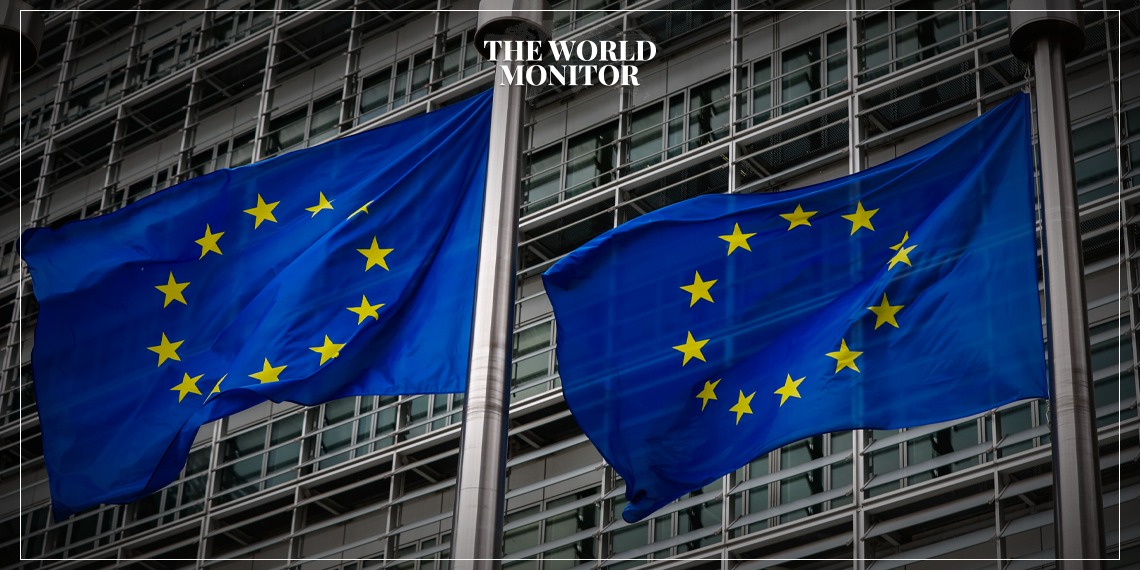The European Union and the European Parliament have agreed to significantly tighten asylum procedures as part of a major reform of the European asylum system. The member states of the European Union reached a hard-fought compromise that includes numerous additions and stricter current rules with the aim of reducing illegal immigration to the EU.
Margaretis Schinas, Vice President of the European Commission, said on the site “X,” formerly Twitter, “The road has been long to get here. But we have crossed it. Europe finally meets the migration agreement,” describing the agreement as a “breakthrough.”
The reform of the immigration policy has been intensively worked on since 2015, when record numbers of migrants arrived in the European Union.
The recent agreement on asylum and migration policy reform in the European Union marks a significant change in how the bloc handles asylum-seekers and migrants. This agreement, described as a “breakthrough” and “historic” by European officials, is aimed at tightening asylum and migration rules within the EU.
Key aspects of the reform include provisions for faster vetting of irregular arrivals, the creation of border detention centers, and quicker deportation for asylum seekers whose requests are rejected. The deal also includes a solidarity mechanism to reduce the pressure on southern countries like Italy, Spain, or Greece, which have been seeing large numbers of asylum seekers. Under this mechanism, some asylum seekers will be relocated to other EU states, while countries that refuse to take them in can opt to make a financial or material contribution to those that do.
However, the agreement has sparked controversy and concern among human rights organizations and advocacy groups. Critics, including Amnesty International and several aid agencies working with migrants, argue that the reforms will create a “cruel system” that diminishes the rights of people on the move and could lead to greater human suffering. They are particularly concerned about the potential increase in detention, including of children and families, and the reliance on substandard border asylum procedures.
Furthermore, the agreement allows countries to opt out of a broad range of EU asylum rules in times of increased arrivals or in cases of so-called ‘instrumentalisation’ of migrants or ‘force majeure’. These exemptions risk breaching international obligations under refugee and international human rights law.
Relief organizations and the political left in Europe have expressed concerns about the deterioration of human rights, while countries with right-wing governments, such as Hungary, strongly supported tightening the existing rules.






